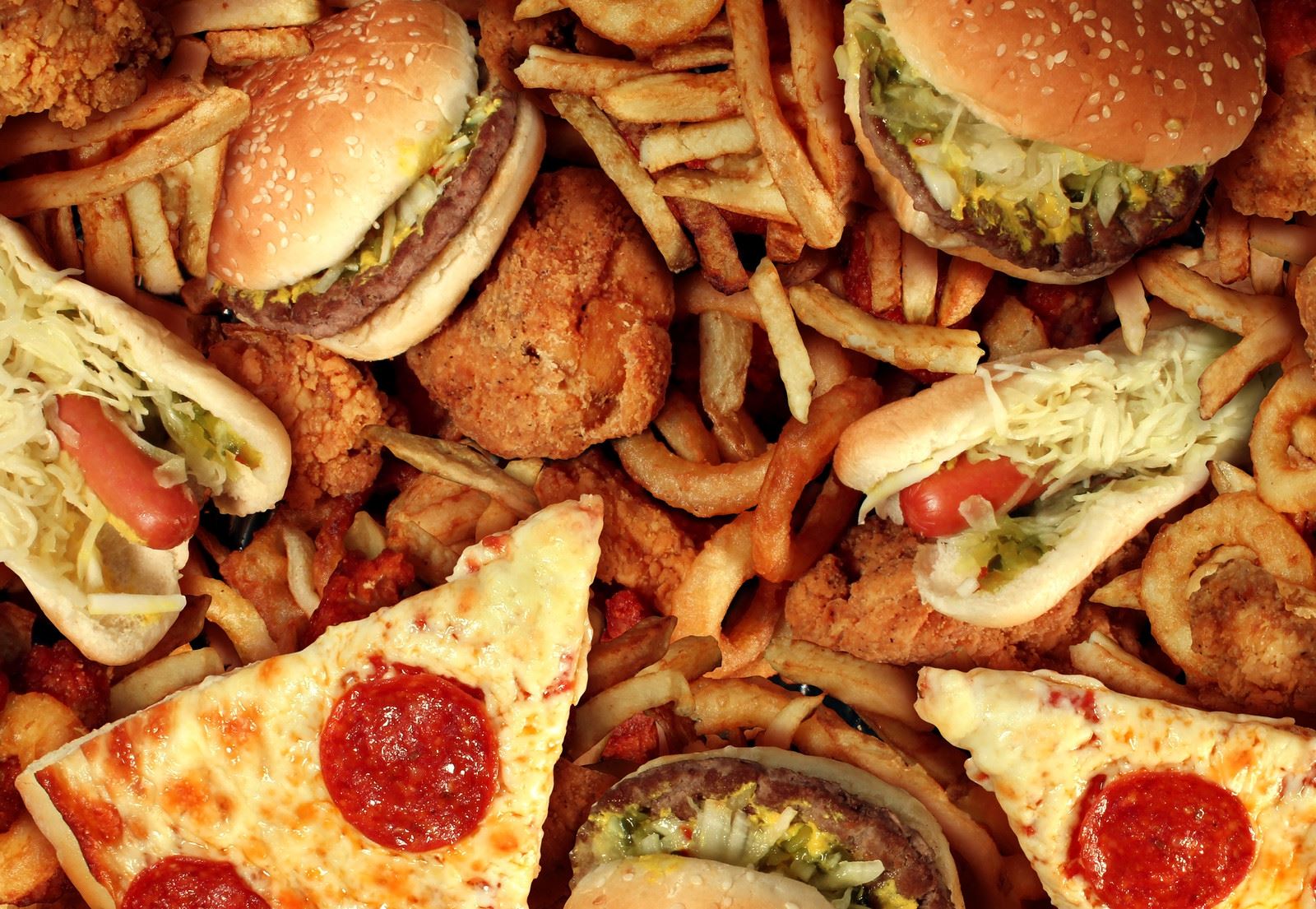Last month the Food and Drug Administration (FDA) ruled that trans fat is not “generally recognized as safe” for use in human food and has given companies three years to phase out the use of them. Dr. Stephen Ostroff, the FDA’s acting commissioner, stated in a news release “This (trans fat ban) action is expected to reduce coronary heart disease and prevent thousands of fatal heart attacks every year.” It’s estimated that number may be as high as 20,000.
Trans fat, the first man-made fat to become part of our food supply, is considered by many doctors to be the worst type of fat you can eat since it has been shown to raise the “bad” or LDL cholesterol and lower the “good” or HDL cholesterol. The manufactured form of trans fat, known as partially hydrogenated oil, is formed when hydrogen is added to liquid oils to make solid fats. Manufactures began using it in abundance beginning in 1911 due to its ability to increase the shelf life of food, enhance flavors, and cut overall cost.
Partially hydrogenated vegetable oils can be found in a variety of processed foods, including; cakes, cookies, pie and pizza crusts, crackers, frosting, refrigerated biscuits, creamer, margarine and snack foods like popcorn and chips. Fried foods often contain trans fats since many are deep fried in trans fatty oils.
It’s likely that many people are consuming more trans fats than they may think. A study released by the Environmental Working Group (EWG) in May found that 27 percent of the 84,000 products analyzed contained trans fat, despite the fact that only 2 percent of those products were labeled with that designation. This is as a result of companies taking advantage of a loophole in US labeling laws.
If you’re looking to eliminate trans fats from your diet sooner than the three years outlined by the FDA, check the food’s ingredient list for partially hydrogenated vegetable oil, as this indicates the food contains some level trans fat. The American Heart Association mentions that there is no safe level of consumption and all trans fats should be avoided since any amount can be harmful to human health.
Dr. Steven Nissen, the chair of cardiovascular medicine at the Cleveland Clinic has been quoted as saying, “In many ways, trans fat is a real tragic story for the American diet. In the 1950s and ’60s, we mistakenly told Americans that butter and eggs were bad for them and pushed people to margarine, which is basically trans fat. What we’ve learned now is that saturated fat is relatively neutral — it is the trans fat that is really harmful and we had made the dietary situation worse.”
Keep in mind there are likely alternatives for your favorite foods that contain partially hydrogenated vegetable oils that have healthier ingredients you will likely enjoy just as much. Do yourself, and your heart, a favor and consider the substitutes!










